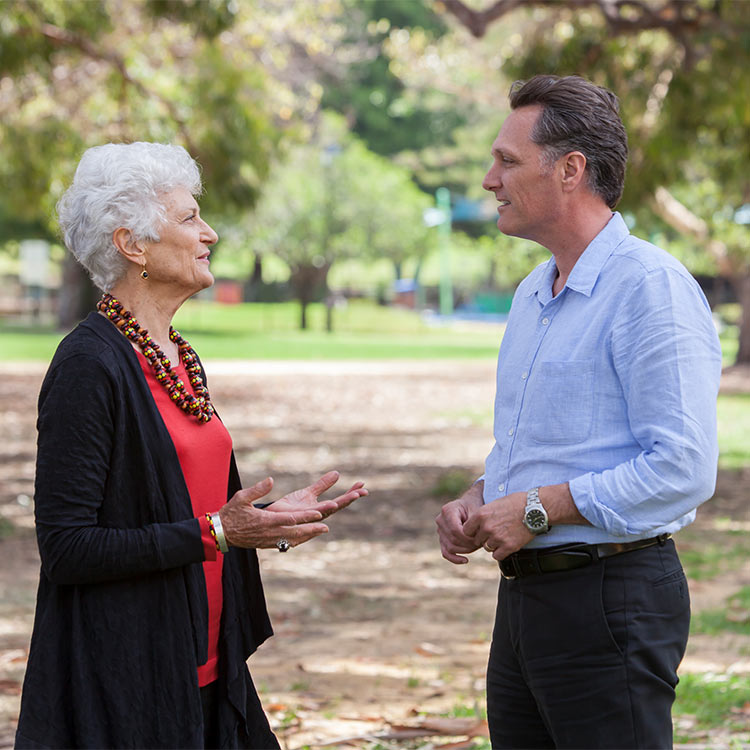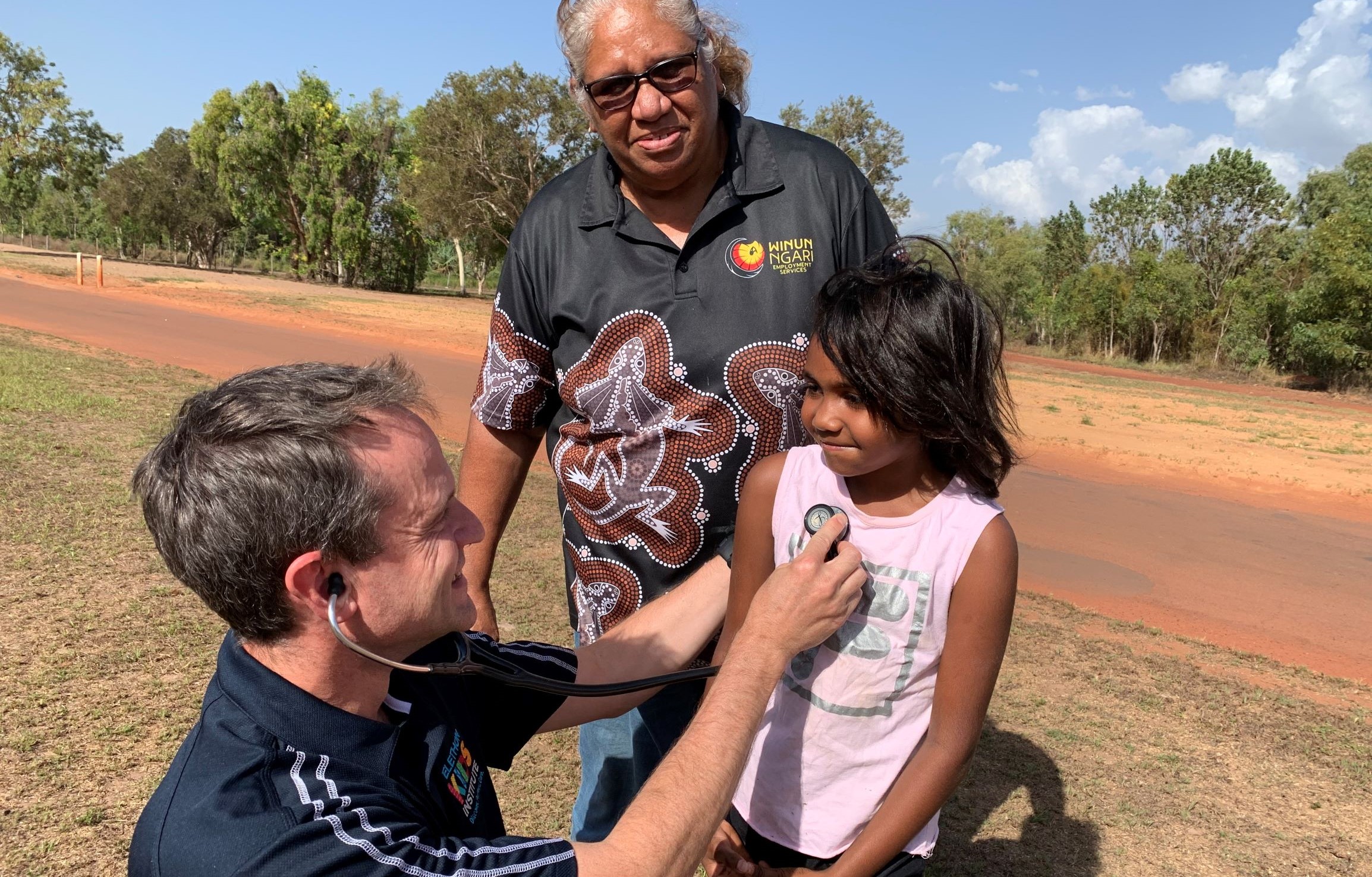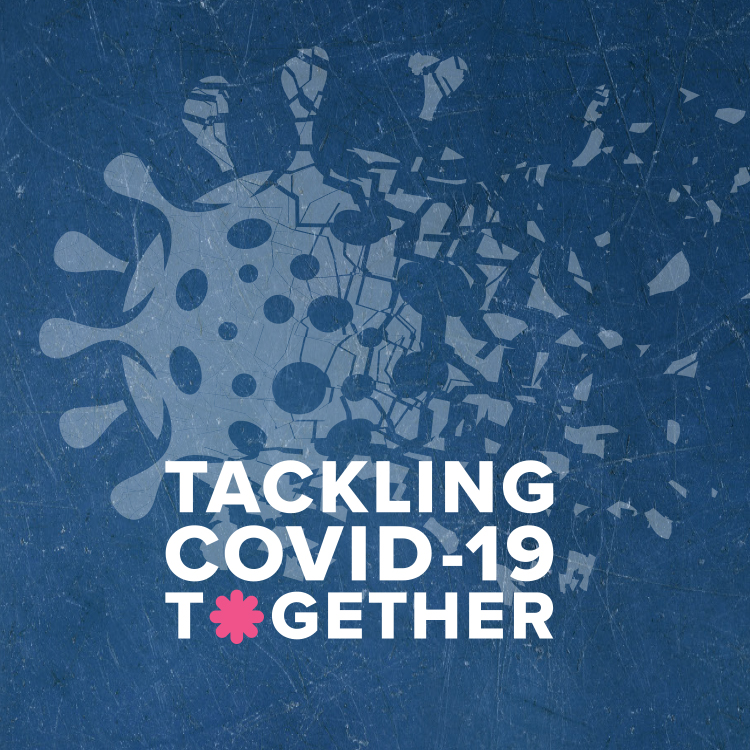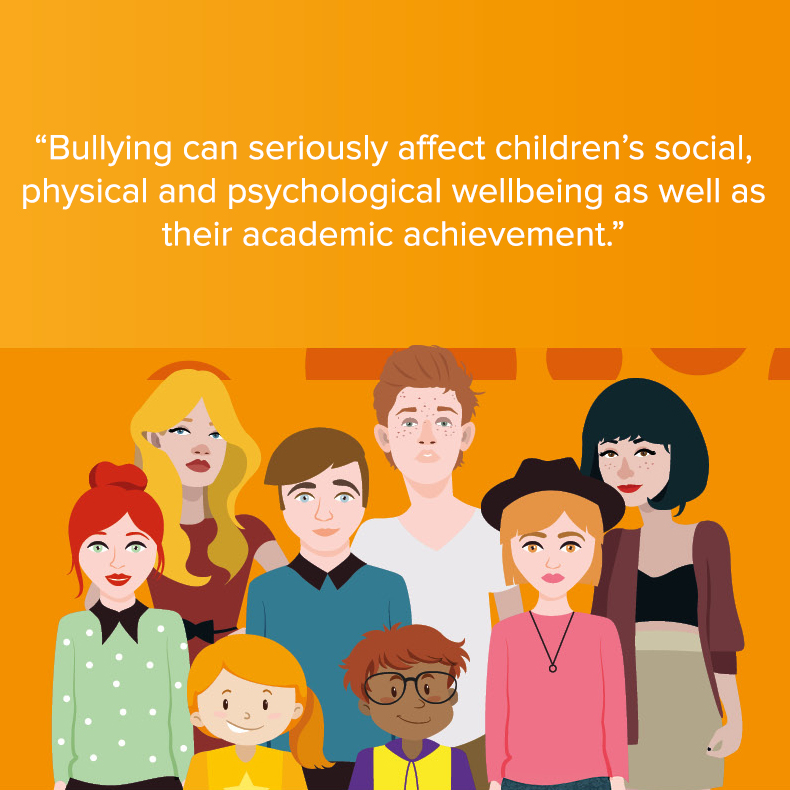Search

A letter to the WA public from Jonathan Carapetis and Fiona Stanley.

Results from a world first-study measuring prevalence of chronic wet cough and protracted bacterial bronchitis in four Kimberley Aboriginal communities have highlighted the enormity of the health problem.
Research
Cerebral PalsyA non-progressive motor disability due to damage of the developing brain, this is the most common physical disability in childhood. Affecting about one in 500 babies, it is frequently accompanied by other neurological impairments, such as intellectual or sensory.

Engaging the community in COVID-19 rapid research

The research that is reducing the impact on families done by The Kids Research Institute Australia.

Infographics to easily learn more about bullying and what actions to take should bullying be an issue in your school or community.
Research
Glue EarGlue ear is when a child's middle ear fills with sticky fluid behind the ear drum. A common condition, glue ear usually goes undetected, as it's not an obvious condition from the outside.
Research
IVFIn Vitro Fertilisation (IVF) is an Assisted Reproductive Technology (ART) in which an egg is fertilised by sperm outside the body.
Research
Ensuring That Marginalized Young People Feel Welcome, Understood, and Empowered in Health Services: A Qualitative Examination of the Service Needs of Aboriginal LGBTQA+ Young PeopleA lack of appropriate care and discrimination in healthcare settings likely compounds the existing risks to mental health and well-being for Aboriginal and Torres Strait Islander lesbian, gay, bisexual, trans, queer/questioning, and asexual (LGBTQA+) young people. The current study contributes findings from Aboriginal LGBTQA+ young people's perspectives on their health service needs and preferences.
Research
The Association Between Breakfast Skipping and Positive and Negative Emotional Wellbeing Outcomes for Children and Adolescents in South AustraliaThe prevalence of child and adolescent breakfast skipping is concerning, and limited existing evidence suggests an association between skipping breakfast and negative emotional wellbeing outcomes. However, positive emotional wellbeing outcomes have been neglected from research in this space.
